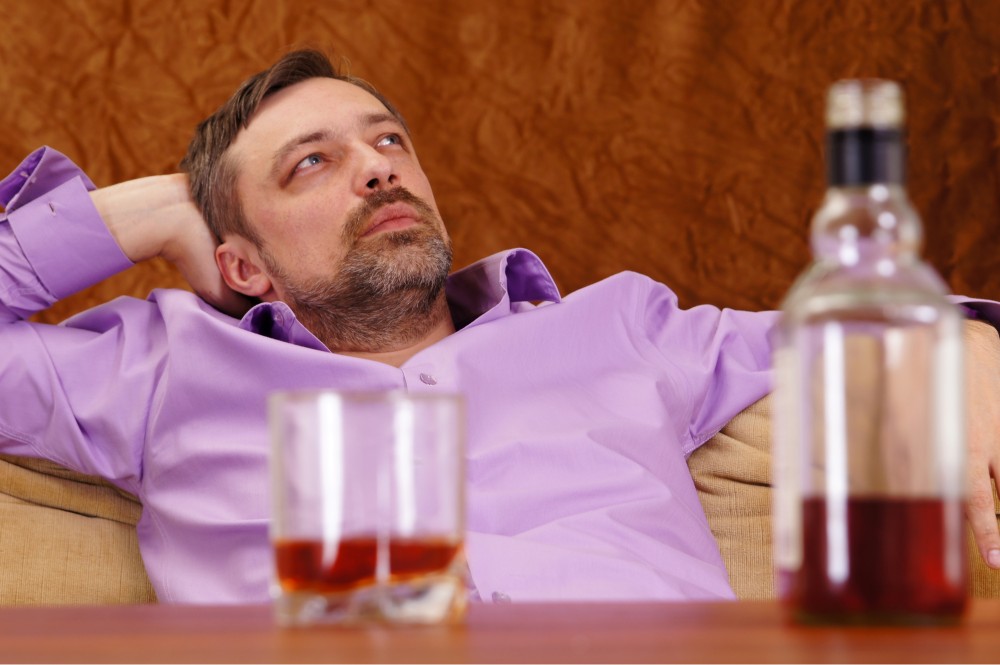 When a person suffers from addiction or a substance use disorder, he or she is at risk of developing serious mental and physical health problems. If the person tries to quit alone, they can experience intense withdrawal symptoms, depending on the type of drug used, duration of use, and the severity of addiction. Some withdrawals from drugs such as heroin will cause flu-like symptoms. The uncomfortable and sometimes painful withdrawals can cause individuals to relapse.
When a person suffers from addiction or a substance use disorder, he or she is at risk of developing serious mental and physical health problems. If the person tries to quit alone, they can experience intense withdrawal symptoms, depending on the type of drug used, duration of use, and the severity of addiction. Some withdrawals from drugs such as heroin will cause flu-like symptoms. The uncomfortable and sometimes painful withdrawals can cause individuals to relapse.
Drugs and alcohol hijack the brain and alter the way the brain controls a body’s functions. Eventually, the brain becomes dependent on the drugs or alcohol and needs the substances to make the individual feel comfortable. When a person abuses drugs or alcohol, the brain’s neurotransmitters release increased levels of dopamine and the individual experiences euphoric and pleasurable feelings.
Many people use drugs or alcohol to cope with stress or anxiety. If a person has an underlying mental health condition, drugs and alcohol can heighten these symptoms. Drugs and alcohol can increase anxiety, paranoia, or depression. The brain relies on these substances to function, which makes it hard to quit. Medication-assisted detox is a safe and more comfortable way of quitting drugs and alcohol. Medical professionals can monitor the detox process and administer medication if needed.
When a person stops using drugs or alcohol, he or she can feel very sick and experience strong cravings. There will be challenges during detox, rehab, and throughout the lifelong recovery process. Support groups and meetings provide a great network of other people recovering from substance use disorders who can give advice and encouragement.
After quitting drugs and alcohol, there is still a lot of work to do. The person in recovery needs to learn how to live without substances to cope. People, places, and things associated with his or her drug or alcohol use must be avoided. Meeting people in support groups can lead to new, sober friendships. Strategies for staying away from things that can cause a relapse will help avoid some difficult situations.
Anyone who wants to quit using drugs and alcohol should seek treatment immediately. If you or a loved one is struggling with a substance use disorder or addiction, get help right away. Making the decision to quit drugs and alcohol is the first step to living a healthy, sober lifestyle.
Cypress Lake Recovery specializes in addiction treatment and is located in a serene, remote, lush-green, oxygen enriched environment. The program encompasses holistic addiction therapy and offers yoga and meditation for the mind, body, and soul. The focus is on physical, mental, and emotional well-being by generating the balance of life-enriching treatment, wellness, and healthy, sober, sustainable relationships. Call us to get started: 409-331-2204

